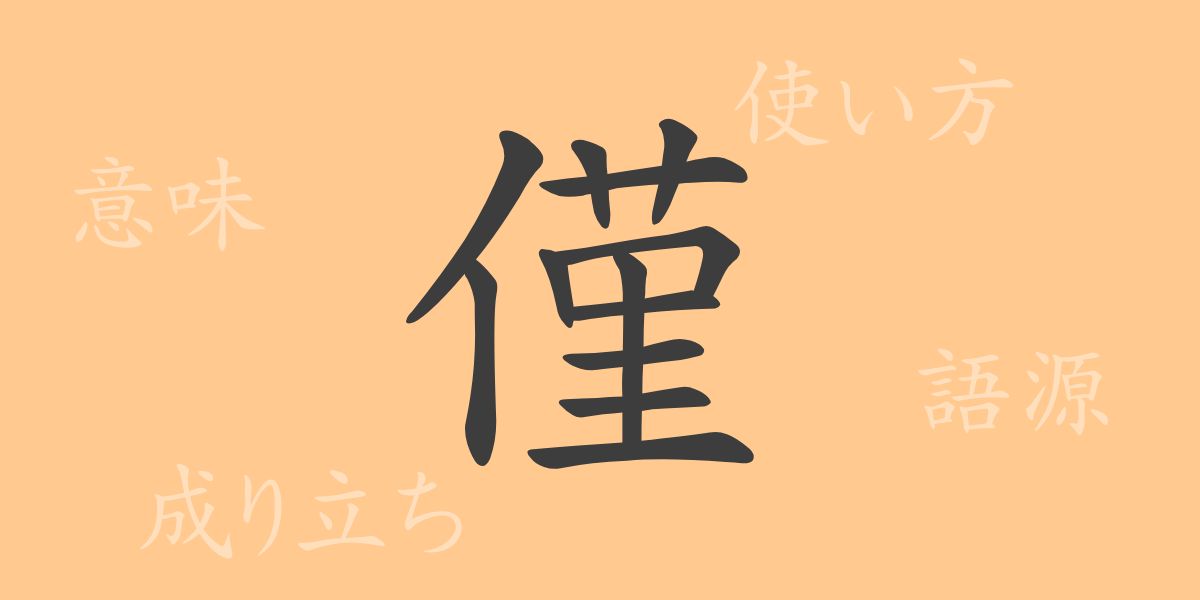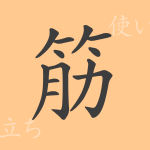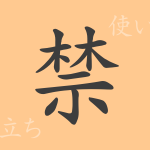The rich expressive power of the Japanese language is supported by its diverse kanji characters. One of the frequently used kanji in daily life is “僅(わずか).” In this article, we delve into the profound world of the kanji “僅(わずか).” From its origin to its meaning, usage, and readings, as well as idioms and phrases associated with it, we will uncover the rich expressive power contained in this single character.
Origin of 僅(わずか) (Etymology)
The kanji “僅(わずか)” is a character passed down from ancient China, and its formation consists of the parts “亻(にんべん)” and “堇(きん).” The “亻(にんべん)” radical represents a person, while “堇(きん)” depicts the act of piling up soil. Together, these elements symbolize “a person piling up just a little bit of soil,” thereby giving the character its meaning of “a small amount” or “slight.”
Meanings and Uses of 僅(わずか)
The kanji “僅(わずか)” means “a small amount” or “slight,” expressing very small quantities or degrees. This character is often used as an adjective or adverb to indicate subtle differences or limited ranges in text. For example, it is used in expressions like “僅かな差で勝利する(わずかなさでしょうりする)” meaning “to win by a slight margin,” or “僅かな希望にすがる(わずかなきぼうにすがる)” meaning “to cling to a slight hope.”
Readings, Stroke Count, and Radical of 僅(わずか)
The readings and basic information for the kanji “僅(わずか)” are as follows:
- Readings: The on’yomi (Chinese reading) is “キン,” and the kun’yomi (Japanese reading) is “わずか.”
- Stroke count: “僅(わずか)” has a total of 13 strokes.
- Radical: The radical of “僅(わずか)” is “亻(にんべん),” classifying it among kanji related to people.
Idioms, Phrases, and Proverbs Using 僅(わずか)
There are many idioms, phrases, and proverbs that include “僅(わずか),” each with its unique meaning and nuance. Here are a few examples:
- 「僅差(きんさ)」: This means a very slight difference, often used in the context of competition or test results.
- 「僅かな望み(わずかなのぞみ)」: Refers to a small amount of hope remaining in an almost hopeless situation.
- 「僅勝(きんしょう)」: Means winning by a narrow margin.
- 「僅少(きんしょう)」: Indicates a very small quantity or degree.
Conclusion on 僅(わずか)
The kanji “僅(わずか)” is rich in expression, far beyond what its simple form might suggest. It is an indispensable character for conveying subtle nuances in Japanese, helping to express the delicacy of the language. Understanding the power of this single character and using it appropriately allows for more nuanced and enriched expressions. As a common kanji in Japanese, the world of “僅(わずか)” remains cherished in our language. Embrace its depth and incorporate it into your linguistic repertoire.

























